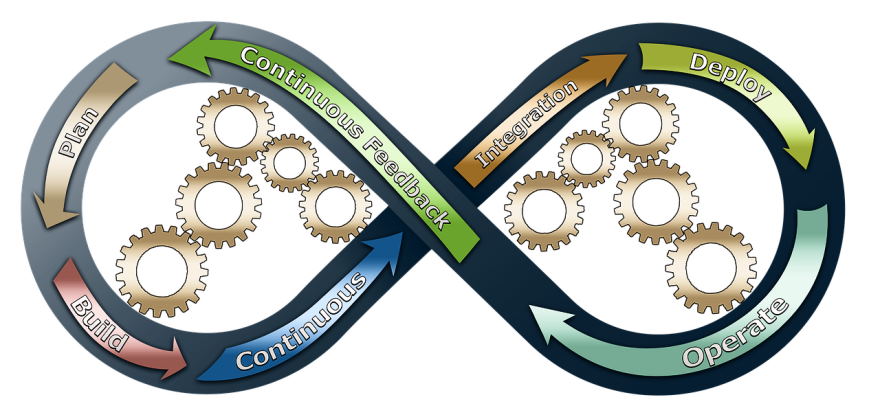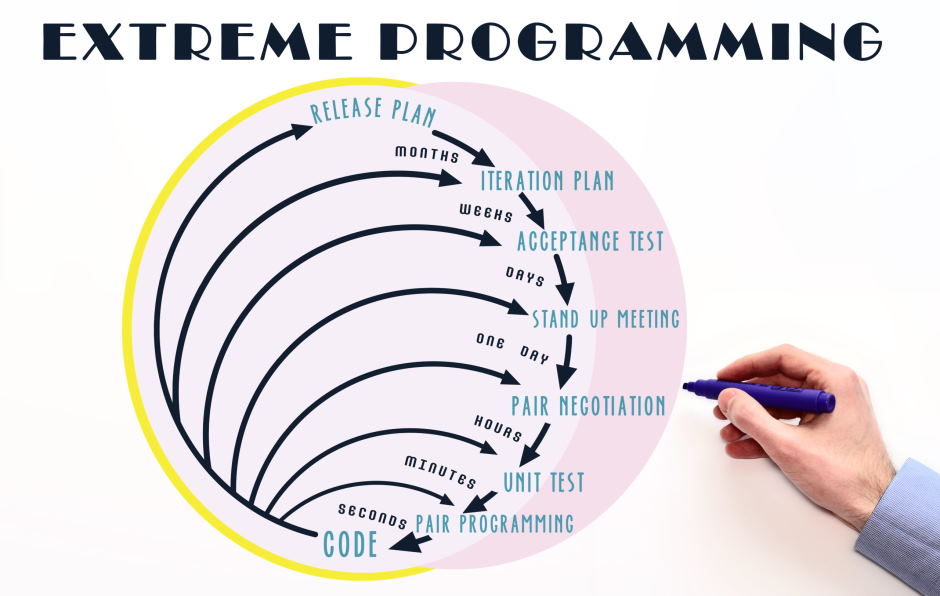Taking Your Programming to the Next Level with Extreme Programming
If you’re a programmer, you always look for ways to improve your skills. After all, the better you are at programming, the more in demand you’ll be. One way to take your programming to the next level is to try Extreme Programming (XP). With XP, you can push yourself to become a faster, more efficient coder. This blog post will explore what Extreme Programming is and how it can help you level up your skills. So if you’re ready to take your programming to the next level, read on!
What is extreme programming, and what are its benefits?
Extreme programming (XP) is a software development methodology that focuses on producing high-quality software in a very short time frame. It is a highly disciplined approach to software development that includes rigorous code reviews, regular testing, and close collaboration between developers and customers.
The main aim of XP is to produce working software that meets the customer’s needs as quickly as possible. This is achieved by following specific practices such as continuous integration, refactoring, pair programming, and test-driven development.

There are many benefits to using XP, including:
- Increased quality: XP’s focus on producing high-quality software helps to ensure that bugs are found and fixed early on in the development process. This helps to improve the overall quality of the final product.
- Increased speed: The short time frames associated with XP help to ensure that software is developed quickly and efficiently. This can be a major benefit for businesses who need to get their products to market quickly.
- Improved customer satisfaction: The close collaboration between developers and customers characteristic of XP helps ensure that the final product meets the customer’s needs and expectations.
- Increased flexibility: The iterative nature of XP allows for changes to be made throughout the development process, which helps to ensure that the final product is more flexible and adaptable to changing requirements.
- Reduced costs: The focus on quality and efficiency inherent in XP helps reduce development costs by preventing bugs and rework.
In summary, XP is a highly effective software development methodology that can help businesses to produce high-quality software quickly and efficiently. The main benefits of using XP include increased quality, speed, customer satisfaction, flexibility, and reduced costs.

Core practices in extreme programming
There are a number of practices that are considered essential to the success of extreme programming. These practices have been identified and refined over the years by the XP community, and they form the basis of the XP methodology.
The core practices in extreme programming are:
- Planning: The first step in any software development project is planning. In XP, planning is done at two levels – release planning and iteration planning. Release planning sets out the overall roadmap for the project, while iteration planning focuses on the specific tasks that need to be completed in each iteration.
- Testing: In XP, testing is considered to be an integral part of the development process, rather than something that is done at the end. This means that automated tests are written before the code is even written, and they are used to drive the development process.
- Refactoring: Refactoring is the process of improving the design of existing code without changing its functionality. This is done in order to make the code more maintainable and readable.
- Pair Programming: In XP, every piece of code is written by two developers working together at the same time. This forces developers to collaborate and communicate with each other, which leads to better code.
- Continuous Integration: Continuous integration is the practice of integrating changes into the main code base on a regular basis. This helps to avoid integration problems and ensures that everyone is working with the latest version of the code.
- Collective Code Ownership: In XP, every developer is responsible for the quality of the code base as a whole. This encourages developers to take ownership of their code and to work together to improve it.
- Simplicity: The principle of simplicity states that software should be designed in the simplest way possible. This means that unnecessary features should be avoided, and complexity should be kept to a minimum.
- Feedback: Feedback is essential in XP in order to ensure that the project is on track and progressing as planned. Regular feedback cycles allow for course correction if necessary, and help to keep everyone focused on the goal.
- Sustainable Pace: In order to avoid burnout, XP projects are planned so that the pace of work is sustainable. This means that developers have enough time to complete their tasks, and that they are not working excessive hours.
- Open Communication: In XP, communication is open and honest. This includes both communication within the team, and communication with the customer. All stakeholders should be kept up to date on the project progress, and any problems should be raised as soon as they are discovered.

 Subscribe to Our Insights
Subscribe to Our Insights